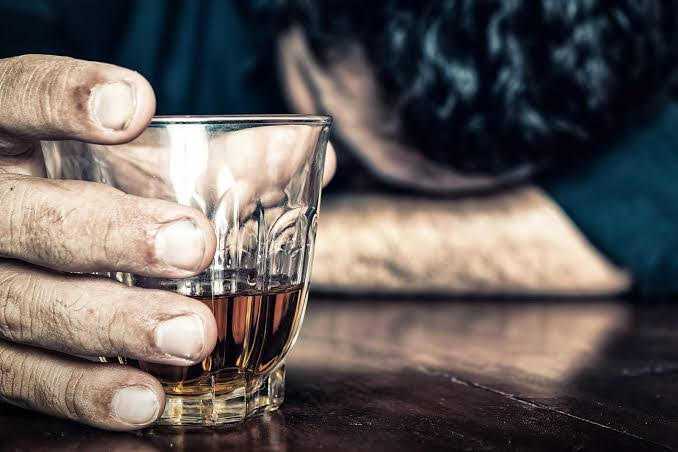Think Before You Sip: 3 Alcohol Myths You Should Stop Believing

Think Before You Sip: 3 Alcohol Myths You Should Stop Believing
Many of the beliefs we hold about alcohol aren’t backed by science—they’re just popular myths. Here’s what you need to know before you pour your next drink.
The consumption of alcohol is so prevalent that individuals often overlook the potential health effects of even a single beer, cocktail, or glass of wine. Alcohol is deeply embedded in cultural traditions globally, yet it functions as a drug that chemically modifies the body. It is essential for individuals of all ages to be aware of these impacts. Also, there exist several myths many of which have become strong beliefs. However, it is time to think beyond them. Let’s explore some of these.
Myth 1: Wine is Great for Your Heart
Red wine does contain antioxidants like resveratrol, which can offer limited cardiovascular benefits—but only when consumed in moderation, overdoing it raises your risk of high blood pressure, liver problems, and other serious health issues. So no, drinking wine regularly doesn’t automatically mean you’re doing your heart a favor.
Myth 2: Tequila Won’t Give You a Hangover
Some believe that good-quality tequila won’t leave you with a hangover. While it’s true that premium tequila may have fewer hangover-inducing compounds, drinking too much of it will still make you feel miserable the next morning. The real factor isn’t the type—it’s the quantity.
Myth 3: Vodka is the Healthiest Choice
Vodka is often seen as a “clean” drink because it’s low in sugar, but that doesn’t make it healthy. All forms of alcohol, including vodka, can damage your liver and overall health if consumed in excess. It’s not about choosing the “least bad” option—it’s about how much and how often you drink.
Other Alcohol Facts You Should Know:
Is any type of alcohol safer than others?
Not really. Some might be lower in calories, but all types of alcohol come with risks if not consumed in moderation.
Is drinking with food better?
Yes. Eating before or during drinking slows down alcohol absorption, which can help reduce the risk of hangovers and other side effects.












